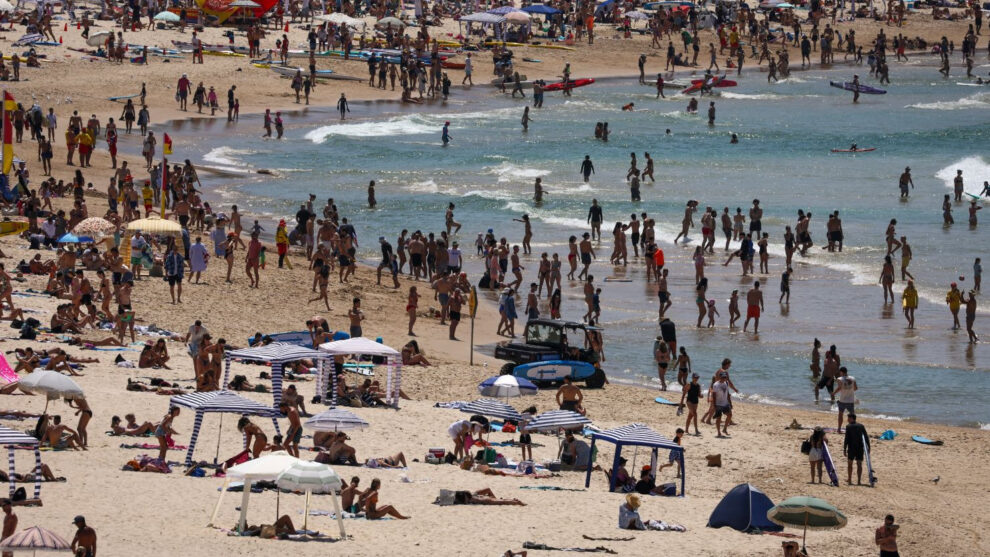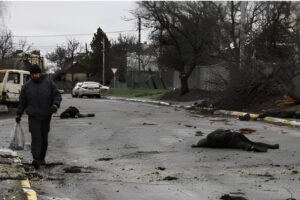A tropical cyclone has rapidly intensified off the northern coast of Australia as millions across the country endure heat wave conditions that are forecast to stretch into the weekend.
Severe tropical cyclone Jasper strengthened to the equivalent of a Category 4 hurricane Friday, with maximum winds of 220 kilometers per hour (138 mph), according to the Joint Typhoon Warning Center.
“Further intensification Friday is possible, and a category 5 system cannot be ruled out,” the country’s meteorology bureau said.
Jasper is the earliest Category 4 tropical cyclone to form in the Coral Sea since records began in 1900, according to CNN research of National Hurricane Center storm tracks.
The storm, which is located 1,195 kilometers (742 miles) northeast of Queensland and moving south at 9 kph (6 mph), could strike the coast near Cairns, a city of 250,000 people, with maximum sustained winds of 140 kph (87 mph) by early Tuesday.
However, forecasters say its projected path could change.
The storm’s arrival is unusually early during El Niño, a climate pattern that originates in the Pacific Ocean along the equator and generally reduces rainfall along Australia’s east coast.
The system has impacted weather all over the world this year and can particularly influence storm seasons.
Meanwhile, heat warnings are in effect in several states and territories, including New South Wales, home to more than 8 million people.
Temperatures in the NSW capital Sydney are expected to reach 40 degrees Celsius (104 Fahrenheit) on Saturday, according to Australia’s Bureau of Meteorology, with the heat fueled by strong, dry winds.
Some schools in Sydney were forced to shut Friday and a total fire ban was in place in some parts of NSW, due to the increased risk of bushfires.
A “catastrophic” fire rating was issued in parts of South Australia on Friday, the highest on the scale, which indicates that lives and properties are likely to be lost if a fire starts.
Extreme fire danger ratings were in place in parts of New South Wales and Victoria.
The heat is forecast to weaken somewhat by the end of the weekend into early next week.
Australia is one of the most vulnerable countries to the effects of the climate crisis, with frequent heat waves, extreme rainfall and devastating bushfires.
Earlier this year, more than 20 runners in the Sydney Marathon were hospitalized in a heat wave during Australia’s warmest winter since records began in 1910.
Ski resorts, including Perisher, the country’s largest, also closed early due to a lack of snow.
Fears were particularly high as memories of the catastrophic 2020 Black Summer fires – the country’s worst in decades – remain etched in the minds of millions of Australians.
The fires burned 10 million hectares (24.7 million acres), killing dozens of people and destroying more than 3,000 homes.










